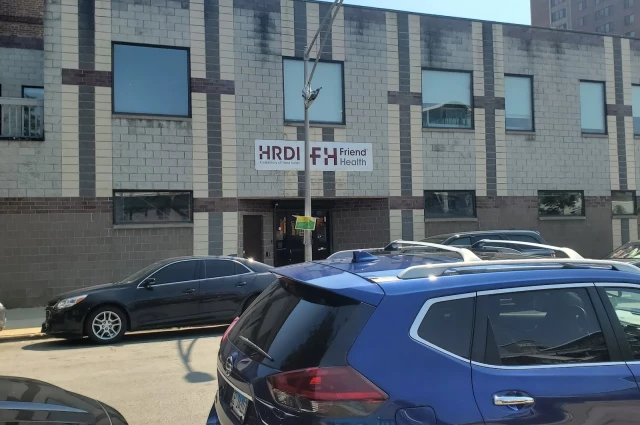Human Resources Development Institute (HRDI) - Brass l Medication Assisted Treatment Information
Treatment
Who We Treat
- Young Adults (18–25)
- Adults
- Seniors/Older Adults
- Older Adults
- Male and Female
- LGBTQ+
- Veterans
Approaches
- Family Therapy
- Group Therapy
- Cognitive Behavioral Therapy (CBT)
- 1-on-1 Counseling
- Medication-Assisted Treatment (MAT)
- Online Therapy
- Life Skills Training
- Relapse Prevention Counseling
Conditions We Treat
- Trauma
- Perinatal Mental Health
- Co-Occurring Disorders
Substances We Treat
- Opioids
Languages
- English
Aftercare
- Outpatient Treatment
- Intensive Outpatient Program
- Continuing Care
- Support Meetings
Level of Care
- Outpatient
- Co-Occurring Mental Health
- Aftercare/Continuing Care
Experience
Smoking and Vaping Policy
- Smoking Allowed in Designated Areas
- Vaping Not Allowed
Accreditations
-
State department of health
Government agencies issue State Licenses, granting rehabilitation organizations permission to operate their businesses lawfully within specific geographic regions. The specific licenses needed for legal operation are typically determined by the type of rehabilitation program offered by the facility and its physical location.

-
Commission on Accreditation of Rehabilitation Facilities (CARF)
CARF accreditation is a prestigious recognition for organizations in rehabilitation and human services. It signifies that an organization meets rigorous quality standards and is committed to providing top-notch care. Achieving CARF accreditation involves a thorough evaluation process, including on-site surveys, to ensure excellence in programs and services. This accreditation boosts an organization's credibility, assures clients and funders of quality, and promotes ongoing improvement in the field of rehabilitation and human services.

Human Resources Development Institute (HRDI) - Brass l Medication Assisted Treatment Accepts The Following Insurance Plans
Find the best treatment options. Call our free and confidential helpline today!

